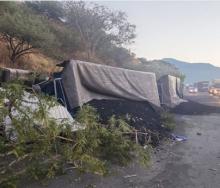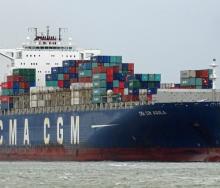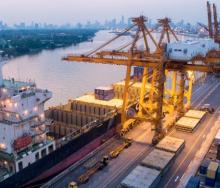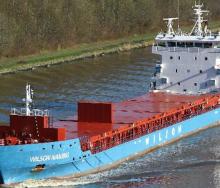Ignoring CV The South African Revenue Service (Sars) Commissioner on 3 June said that the service would be appointing 24 additional tax specialists in its transfer pricing (TP) unit to deal with base erosion and profit shifting (BEPS). The question being raised is why is the capacity not being increased for the customs valuation (CV) unit? What is astounding in Sars is that specialisation in CV – if there is indeed such a thing – is not subject to any economic qualification. How then is it possible to determine value if the laws of demand and supply are not even known? Somehow the origin and linkages between customs and economics are not appreciated or even understood. Another issue of concern is that the extent of South Africa’s merchandise trade between related parties is unknown, considering that internationally it is accepted to be in excess of 60%. It is quite possible that in South Africa’s case it may well be significantly more. So this does not afford the opportunity for BEPS. Is the assumption that only TP is responsible for BEPS in international merchandise trade? Ignoring CV at Sars’ peril. Export Policy Legislation On 3 June the Department of Trade and Industry (the dti) announced that it had identified the need for South African export promotion and development legislation. It was preparing a White Paper and a National Export Development and Promotion Bill, which is in line with amongst others the National Development Plan (NDP) and the New Growth Path. The dti invited all interested parties to comment by 21 July 2015. The dti requested input on the following proposed themes: (1.) Setting of strategic export goals; (2.) Strategic leadership and monitoring and evaluation; (3.) Border-in or supplyside issues; (4.) Border or business environment; (5.) Border-out or demand-side issues; (6.) Developmental issues; (7.) Export structures; and (8.) Export specific legislation. The dti indicated that comments did not need to be restricted to these themes as all inputs would be considered. A few off-the-cuff remarks. What then of the dti’s own National Exporter Development Programme (NEDP) launched on 3 April 2013? It is also quite possible that the dti does not even know who the registered exporters are. According to Sars, in 2013/14 there were 246 500 registered exporters. The extent of duplicate registration or for that matter active exporters is not known. If accounted for it could well reduce the number significantly. Why not start with what you know rather than what you do not? Duty Calls Watch List Comment on the provisional payments (provisional anti-dumping duties) on Portland cement imported from or originating in Pakistan is due by 22 June 2015. Comment on the first batch of draft Customs Duty Rules to the Customs Duty Act, 2014 is due by 19 June 2015.













